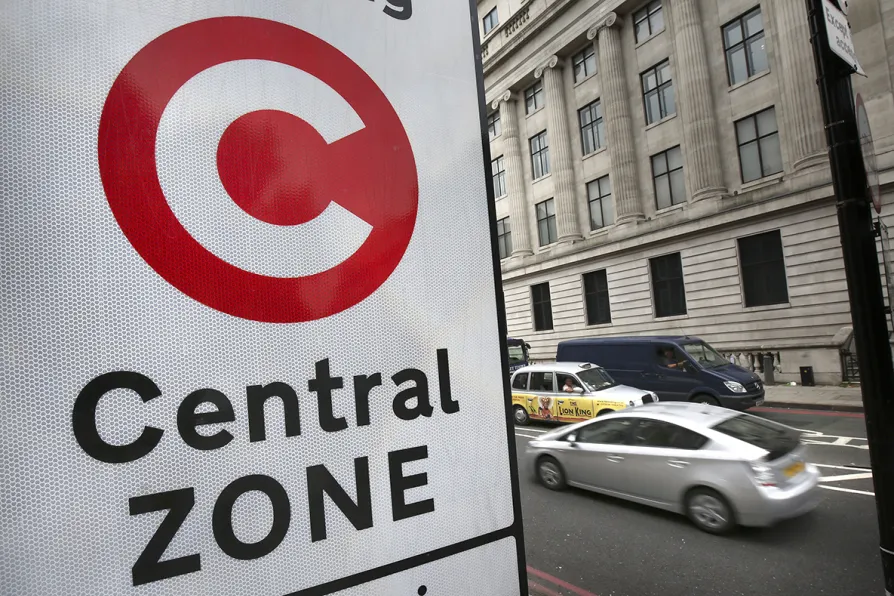The Mandelson scandal reveals a political settlement in which democratic choice is curtailed and the power of markets eclipses the will of voters – only the left can challenge this, writes JON TRICKETT MP

 A congestion charge sign in London
A congestion charge sign in London
THE congestion charge was both a progressive tax and an environmental tax.
It was an environmental tax because it targeted one of the biggest sources of pollution — traffic. In many ways, it was an early form of a carbon tax. Although we didn’t call it that at the time, we were already very concerned about climate change and air pollution, which meant we knew we had to use pricing to discourage unnecessary driving.
The congestion charge was progressive because it was deliberately designed to primarily affect the wealthiest Londoners, who contributed the vast majority of car trips in that zone of central London.

From summit to summit, imperialist companies and governments cut, delay or water down their commitments, warn the Communist Parties of Britain, France, Portugal and Spain and the Workers Party of Belgium in a joint statement on Cop30

Roger McKenzie talks to general secretary of Unison CHRISTINA McANEA about the impact of the cost-of-living crisis on members, the local government funding emergency and the threat of Reform UK












